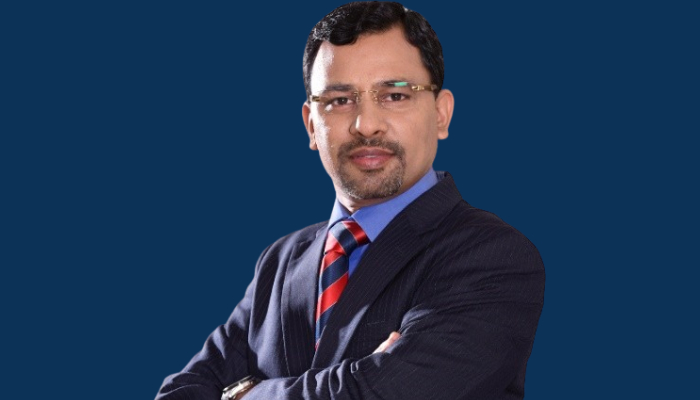As the world marks World Computer Security Day, the message for enterprises is clear—security is no longer a technical concern alone; it’s a business imperative that shapes customer trust, operational continuity, and long-term innovation. In today’s hyperconnected digital ecosystem, where cloud, AI, and data-driven platforms are transforming business models, cyber-resilience must evolve from being a compliance checkbox to becoming an embedded organizational culture.
Modern cyber threats are no longer simply disruptive—they are sophisticated, business-targeted, and persistent. Attackers today exploit not only vulnerabilities in systems but also vulnerabilities in human behavior, using deepfakes, AI-powered phishing, and identity spoofing techniques. “Threats continue to evolve as adversaries increasingly rely on automation, AI and deep-fake techniques to bypass traditional defences and exploit human behaviour,” cautions Sunil Sharma, Managing Director & Vice President — Sales (India & SAARC) at Sophos.
“Cyber-resilience is no longer optional—it is the foundation of trust, continuity and innovation in today’s digital-first world.”
— Sunil Sharma, Managing Director & Vice President — Sales (India & SAARC), Sophos
The pursuit of security now demands a multi-layered approach. Sunil Sharma recommends three pragmatic steps that organizations of all sizes can take immediately. “They should validate that endpoint and network defences remain synchronised and are continuously monitored. They should ensure that detection and response capabilities cover both cloud-native and hybrid infrastructures. They should also embed a cybersecurity culture into everyday operations instead of treating it as a one-time exercise.”
This shift to culture-driven security is critical. Human error remains a major contributor to breaches, underscoring the need for continuous security awareness—not just among IT teams, but across employees, partners, and third-party collaborators. Cybersecurity is now a shared responsibility across departments—from finance approving vendor payments to HR managing employee identity systems and from marketing teams handling customer data to operations managing cloud workloads.
Basic digital hygiene still holds immense importance. Sharma emphasizes updating software, using strong passwords, and implementing multi-factor authentication as foundational security practices. These small but essential steps can disrupt a large percentage of opportunistic attacks that rely on outdated systems and predictable user behavior.
The role of security teams has also evolved—from passive gatekeepers to strategic enablers of digital-first growth. When implemented correctly, Sharma highlights, cybersecurity can shift from a cost burden to becoming “a strong enabler of digital growth,” allowing enterprises to innovate with confidence, adopt AI models safely, scale operations globally, and comply with complex regulatory frameworks.
On this World Computer Security Day, the spotlight is not just on securing endpoints and servers—but on strengthening enterprise resilience, empowering people, modernizing processes, and aligning security with business growth. Cybersecurity is no longer about building walls—it’s about building trust.


